This article was medically reviewed by Erik Kramer, DO, MPH. Dr. Erik Kramer is a Board-Certified Primary Care Physician at the University of Colorado. With over 15 years of experience, his clinical interests include obesity and weight management, diabetes care, and preventive care, as well as embracing a holistic approach to primary care. He received his Doctorate in Osteopathic Medicine (D.O.) from the Touro University Nevada College of Osteopathic Medicine and completed his residency at Central Maine Medical Center. Dr. Kramer is a Diplomate of the American Board of Obesity Medicine.
There are 11 references cited in this article, which can be found at the bottom of the page.
This article has been viewed 12,622 times.
Urethritis is an uncomfortable and often painful condition that occurs when your urethra becomes swollen and irritated. In most cases, urethritis is caused by a bacterial or viral infection resulting from a sexually transmitted disease (STD). In rare cases, it can also be caused by an injury to the urethra, or by a sensitivity to the chemicals commonly used in contraceptive materials.[1] To treat your urethritis, you will first need to see your doctor to determine the cause. If your urethritis is caused by an STD, your doctor will prescribe antibiotics to treat your condition. If your urethritis is caused by an injury or chemical reaction, the inflammation and symptoms should subside on their own.
Steps
Determining the Cause of Your Urethritis
-
1Go to your doctor if you have any of the symptoms of urethritis. If you are experiencing any pain or burning during urination, itching or burning in the genital area, or abnormal discharge from the vagina or penis, see your general practitioner or gynecologist to determine if the cause may be urethritis.
- If you are a woman, having the urge to urinate more frequently may also be a sign that you have urethritis.
- If you are a man, you may also find blood in the semen or urine if you have urethritis.[2]
- Because urethritis is commonly caused by sexually transmitted diseases, you should also see your doctor if you have any of these symptoms in conjunction with signs of a sexually transmitted disease, such as genital warts, rash, or bumps.
Tip: Typically, your symptoms will appear 4-7 days after you're exposed to gonococcal urethritis or 5-8 days after you're exposed to non-gonococcal urethritis.
-
2Tell your doctor about your sexual history. To help your doctor determine your diagnosis, tell them about your sexual history before getting an examination. Your doctor will likely ask you about any past and new partners, and how often you use protection.[3]
- In order for your doctor to make a proper diagnosis, it’s important that you are honest about your sexual history. Remember that your doctor is there to help, not to judge.
Advertisement -
3Have an examination to help your doctor confirm your diagnosis. In most cases, your doctor will examine you for signs of the sexually transmitted diseases that commonly cause urethritis, including gonorrhea, chlamydia, herpes, HPV, and HIV. Your doctor will also check the urethra for abnormal discharge and take a swab to examine under a microscope.[4]
- In some cases, your doctor may also use a cystoscopy to examine your bladder for additional signs of bacterial or viral infection.
- Your doctor may also perform a blood count test, c-reactive protein test, or a urine test to help them determine the cause of your urethritis.[5]
- If you are a woman, your doctor may also perform a pelvic exam to look for tenderness, redness, and any abnormal discharge from your cervix and vagina.[6]
-
4Get a diagnosis about your urethritis from your doctor. After talking to you about your sexual history and performing an examination, your doctor will be able to determine if your urethritis is caused by a sexually transmitted disease (bacterial or viral), or by injury or chemical irritation. The cause of your urethritis will determine the treatment that your doctor will recommend.
- There are 2 types of urethritis that are caused by sexually transmitted disease, gonococcal and non-gonococcal. Gonococcal is urethritis that is caused by gonorrhea, while non-gonococcal accounts for all other bacterial and viral causes. Both gonococcal and non-gonococcal urethritis are treated with antibiotics.
- If you're only experiencing pain during urination (dysuria), you likely have a chlamydia infection, which can cause non-gonococcal urethritis.
Using Antibiotics for Bacterial or Viral Urethritis
-
1Get a prescription for antibiotics from your doctor. Typically, your doctor will give you an antibiotic as your first course of treatment if they suspect you have urethritis. The antibiotic will treat your urethritis if it's caused by either a bacterial or viral sexually transmitted disease. However, some types of gonococcal are resistant to antibiotics, so you may need alternative treatments. The prescription that you get will depend on the type of STD that caused your urethritis.[7]
- Doxycycline and azithromycin are the most common antibiotics for non-gonococcal urethritis, which accounts for most urethritis cases.
- Tetracycline hydrochloride is commonly prescribed to treat gonococcal urethritis.[8]
- Because many people have gonorrhea and chlamydia at the same time, your doctor may prescribe you both an antibiotic for gonococcal urethritis and a different antibiotic for non-gonococcal urethritis.
Tip: It's best to use a barrier protection, like a condom, during sex to prevent the spread of the infection, especially if you have a type that's resistant to antibiotics. This condition can lead to a systemic infection and possibly significant health issues.
-
2Fill the prescription at your local pharmacy. Once you have gotten a prescription for antibiotics to treat your specific type of urethritis, you will need to fill and pick up the prescription at your local pharmacy. The pharmacist should be able to answer any questions you have about your medication.
-
3Take the medication as directed by your doctor. Your dosage and how often you will need to take your antibiotics will depend on the type of antibiotics that your doctor prescribes. As a result, make sure that you follow your doctor’s instructions so that you can be sure that the medication is effective.
- Doxycycline is generally taken 2 times per day for 1 week.[9]
- Azithromycin is generally taken in 1 single dose.[10]
- Tetracycline hydrochloride is generally taken 4 times a day for 5 days.[11]
- Make sure that you complete that entire course of antibiotics. Even if you start to feel better, you’ll need to take the medication completely as directed to ensure that your urethritis is treated.
-
4Inform your sexual partners about your urethritis. The causes of bacterial and viral urethritis are highly contagious. As a result, it is important that you inform all your sexual partners about your condition so that they can get examined and treated if needed as well.[12]
- While it may be uncomfortable, informing your sexual partners is important not only to ensure their health, but to ensure that they don’t spread the sexually transmitted disease that caused your urethritis.
-
5Wait at least 1 week after completing your treatment to have sex. In most cases, your doctor will recommend that you refrain from sexual activity for at least 1 week after completely finishing your urethritis treatment. Your doctor’s recommendation will be made on a case-by-case basis, however, so it is possible that your doctor will recommend that you wait longer.[13]
- While sexual activity should be less painful after your urethritis has subsided, you may remain infectious for several months or years, even if you don’t have any symptoms. As a result, it is important that you talk to your partner(s) and use protection accordingly to avoid spreading an STD.
Healing Non-Bacterial or Viral Urethritis
-
1Stop using the source of your injury or chemical reaction. If your doctor determines that you don’t have a sexually transmitted disease, it’s likely that your urethritis was caused by an injury or chemical reaction. In both cases, you will need to stop using the instrument or substance that has caused the inflammation in your urethra.
- If you have currently or recently used a catheter or other urinary tract instrument, it is possible that the instrument injured your urethra and caused your urethritis.[14] If you still need the instrument for medical reasons, your doctor can help you come up with an alternative plan based on your specific situation.
- Your urethritis may also have resulted from a sensitivity to a chemical substance commonly used in contraceptive jellies, soaps, creams, or spermicides. If this is the case, stop using the product immediately.[15]
-
2Let your urethritis heal on its own. In most cases, your doctor will not prescribe antibiotics for non-sexually transmitted urethritis. Instead, once you have stopped using the instrument or substance that caused your urethritis, the inflammation in your urethra will begin to subside on its own. Your doctor may or may not be able to give you an idea of how long it will take for your urethritis to completely subside, as this varies and depends on your specific circumstances.
- In general, it can take anywhere from a few days to several weeks for your urethritis to subside.
-
3Take phenazopyridine or NSAIDs to help with burning and pain. While your urethritis is healing on its own, your doctor may prescribe phenazopyridine to help relieve any pain or burning you may experience during urination.[16] You can also take over-the-counter NSAIDs, such as aspirin or ibuprofen, to help relieve any pain.[17]
- Make sure that you follow your doctor or pharmacist’s instructions when taking pain medication.
Warnings
- If you are a female, a male age 20 to 35, have multiple sexual partners, participate in high-risk sexual behavior, or have a history of sexually transmitted diseases, you may be at higher risk for urethritis.[18]⧼thumbs_response⧽
References
- ↑ https://medlineplus.gov/ency/article/000439.htm
- ↑ https://my.clevelandclinic.org/health/diseases/22858-urethritis
- ↑ https://my.clevelandclinic.org/health/diseases/22858-urethritis
- ↑ https://www.nhs.uk/conditions/non-gonococcal-urethritis/
- ↑ https://www.beaumont.org/conditions/urethritis
- ↑ https://www.fairview.org/Patient-Education/Articles/English/u/r/e/t/h/Urethritis_in_Women_40448
- ↑ https://www.beaumont.org/conditions/urethritis
- ↑ https://www.ncbi.nlm.nih.gov/pubmed/161160
- ↑ https://my.clevelandclinic.org/health/diseases/4426-nongonococcal-urethritis-in-men/management-and-treatment
- ↑ https://www.nhs.uk/conditions/non-gonococcal-urethritis/treatment/
- ↑ https://www.ncbi.nlm.nih.gov/pubmed/161160
- ↑ https://www.ncbi.nlm.nih.gov/books/NBK537282/
- ↑ https://www.aafp.org/pubs/afp/issues/2010/0401/p879.html
- ↑ https://my.clevelandclinic.org/health/diseases/22858-urethritis
- ↑ https://www.ncbi.nlm.nih.gov/books/NBK537282/
- ↑ https://medlineplus.gov/druginfo/meds/a682231.html
- ↑ https://www.ncbi.nlm.nih.gov/books/NBK537282/
- ↑ https://medlineplus.gov/ency/article/000439.htm
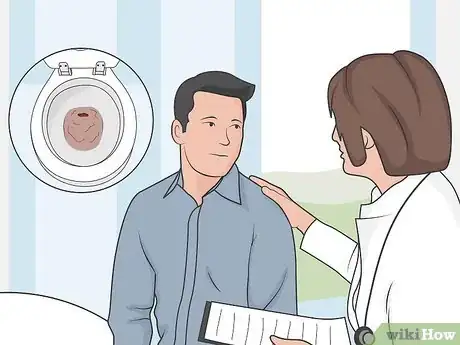
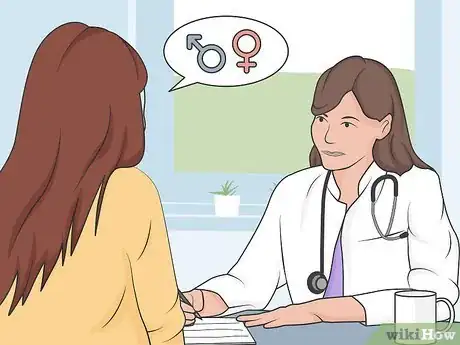
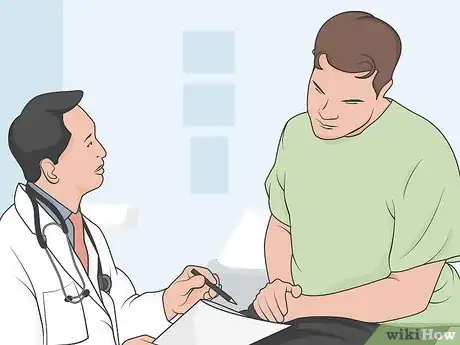
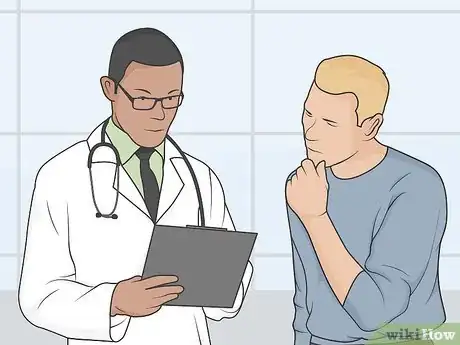
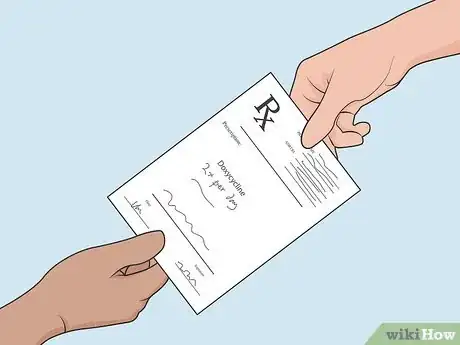
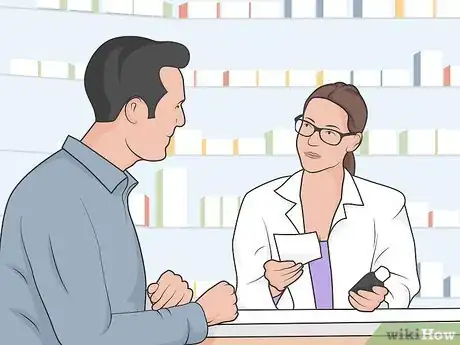
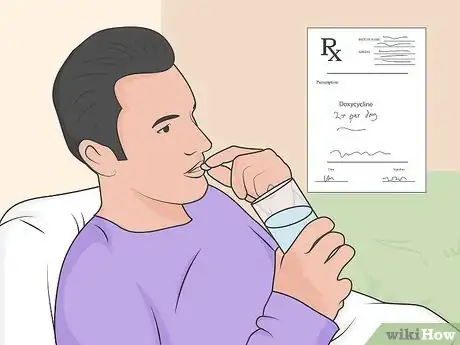


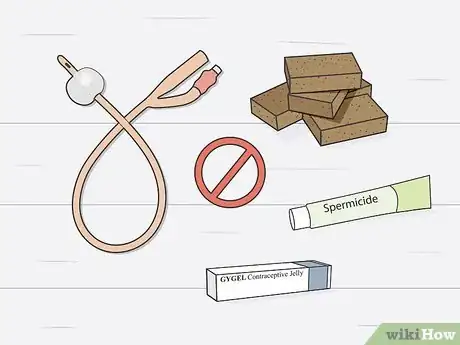
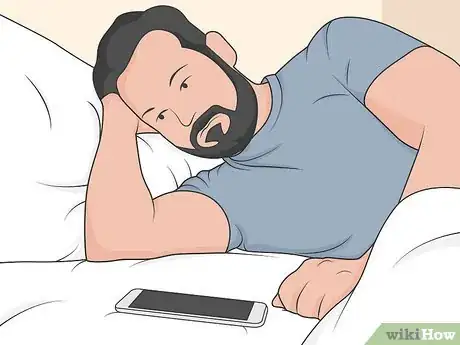
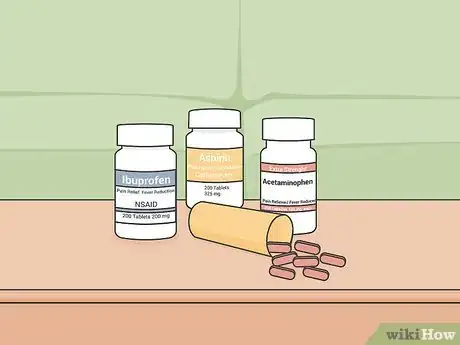
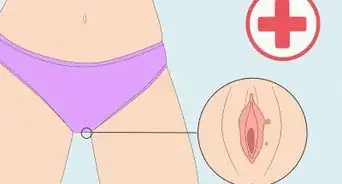
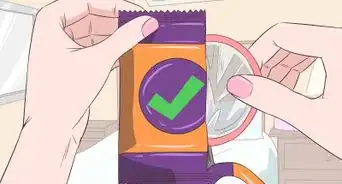

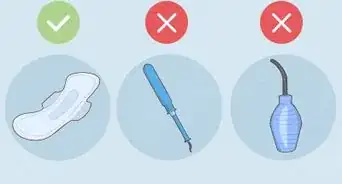



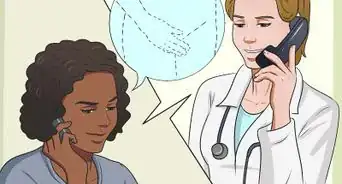

-Step-10-Version-2.webp)


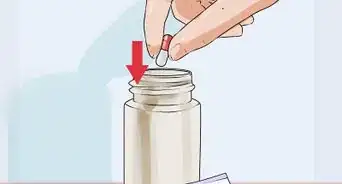
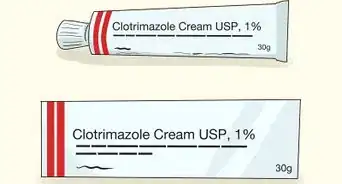







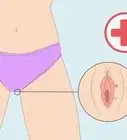
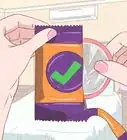

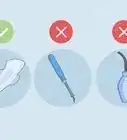



































Medical Disclaimer
The content of this article is not intended to be a substitute for professional medical advice, examination, diagnosis, or treatment. You should always contact your doctor or other qualified healthcare professional before starting, changing, or stopping any kind of health treatment.
Read More...